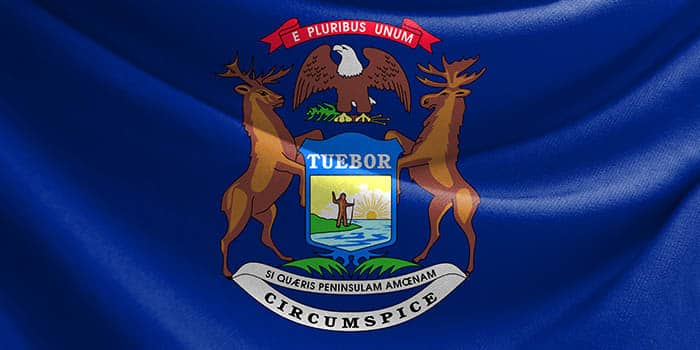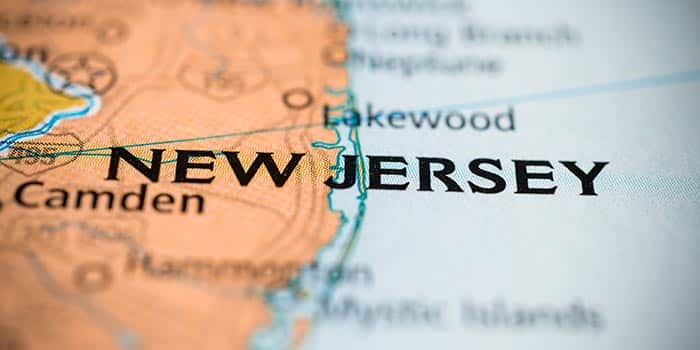- Casino
- By State
- Alabama
- Alaska
- Arizona
- Arkansas
- California
- Colorado
- Connecticut
- Delaware
- Georgia
- Florida
- Hawaii
- Idaho
- Illinois
- Indiana
- Iowa
- Kansas
- Kentucky
- Louisiana
- Maine
- Massachusetts
- Maryland
- Michigan
- Minnesota
- Mississippi
- Missouri
- Montana
- Nebraska
- Nevada
- New Hampshire
- New Jersey
- New Mexico
- New York
- North Carolina
- North Dakota
- Ohio
- Oklahoma
- Oregon
- Pennsylvania
- Rhode Island
- South Carolina
- South Dakota
- Tennessee
- Texas
- Utah
- Vermont
- Virginia
- Washington
- West Virginia
- Wisconsin
- Wyoming
- By State
- Slots
- Poker
- Sports
- Esports
Panel Rules in Favor of VGW.com Owner in Reverse Hijacking Case
The Uniform Domain-Name Dispute-Resolution Policy (UDRP) panel sided with the domain proprietor, Hyundoo Shin, a resident of the Republic of Korea

In a recent decision, a World Intellectual Property Organization (WIPO) panelist has found that VGW Holdings Limited, an Australian online gambling company, attempted reverse domain name hijacking by filing a complaint against the owner of vgw.com who is a Republic of Korea resident.
WIPO Rules in Favor of vgw.com Owner Over VGW Holdings
VGW Holdings Limited has been operating its website, vgw.co, since 2010, offering online casino-style gaming services through its various brands such as Chumba Casino, Global Poker and Luckyland Slots. The company holds several trademark registrations for the VGW mark in various countries, demonstrating its commitment to protecting its brand identity.
However, the WIPO panelist, Kathryn Lee, ruled in favor of the domain owner, Hyundoo Shin, a Republic of Korea resident, who registered vgw.com in 2002, long before VGW Holdings Limited even came into existence. This critical timeline difference played a pivotal role in the panelist’s decision.
Lee emphasized that since the disputed domain name predates VGW Holdings’s trademark rights and formation, it would have been impossible for Shin to have registered the domain name with the intention of targeting VGW Holdings Limited and its mark.
Panelist Lee Condemns Attempted Reverse Domain Hijacking in Landmark Decision
Panelist Lee wrote in the Administrative panel decision document: “The Complainant should surely have known that the Complaint could not succeed based on these facts, and proceeding with this Complaint can only be viewed as an attempt to deprive a registered domain-name holder of a domain name.”
This fact led the panelist to conclude that the complaint was brought in bad faith, with an attempt at reverse domain name hijacking, constituting an abuse of the administrative proceeding.
The case highlights the importance of considering the registration date of a domain name in intellectual property disputes. In this instance, VGW Holdings Limited failed to demonstrate that the respondent, Hyundoo Shin, registered the domain name in bad faith due to the significant time gap between registration and the company’s establishment.
Furthermore, the panelist’s decision underscores the potential consequences for complainants who attempt reverse domain name hijacking. Reverse domain name hijacking occurs when a complainant files a dispute knowing that they cannot prove bad faith registration or use of the domain name by the owner. Such attempts can result in a finding of reverse domain name hijacking, as seen in this case.
Silvia has dabbled in all sorts of writing – from content writing for social media to movie scripts. She has a Bachelor's in Screenwriting and experience in marketing and producing documentary films. With her background as a customer support agent within the gambling industry, she brings valuable insight to the Gambling News writers’ team.
Must Read

















